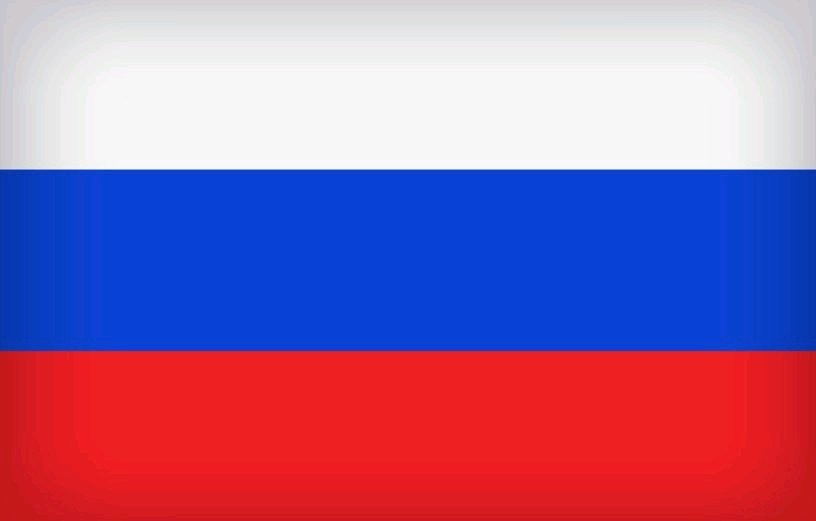
Lieutenant Dmitry Mishov, a 26-year-old airman from Russia, has granted a rare interview to the news media, providing insights into an army plagued by heavy losses and low morale….CONTINUE READING
Dmitry, an attack helicopter navigator, sought political asylum after fleeing Russia on foot and surrendering himself to Lithuanian authorities. He described his dramatic escape with a small backpack as a last resort.
Among a handful of known cases of serving military officers fleeing Russia to avoid deployment in Ukraine, Dmitry’s case stands out as the only known instance of a serving airman defecting.
Escaping the Impending War Dmitry was stationed in the Pskov region of northwestern Russia. As preparations for combat intensified, he sensed that a real war was imminent, not just military exercises.
In January 2022, Dmitry attempted to leave the air force. However, his paperwork was still pending when Russia invaded Ukraine on February 24. He was subsequently sent to Belarus, where he flew helicopters to deliver military cargo.
While Dmitry claims he never set foot in Ukraine, this aspect of his story cannot be independently verified. Nevertheless, his documents appear genuine, and many of his statements align with information from other sources.
In April 2022, he returned to his Russian base, hoping to complete his decommissioning process. However, in September 2022, President Putin announced a partial military mobilization, preventing Dmitry from leaving the army.
Aware that he would eventually be sent to Ukraine, Dmitry began searching for ways to avoid it.
“I am a military officer, and my duty is to protect my country from aggression. I should not become an accomplice in a crime. No one explained to us why this war started, why we had to attack Ukrainians and destroy their cities.”
Mixed Mood and Low Salaries According to Dmitry, the mood within the army is diverse. Some soldiers support the war, while others strongly oppose it. However, very few believe that they are genuinely defending Russia from any imminent danger. The official narrative has long portrayed Moscow’s actions as a “special military operation” to prevent an attack on Russia.
Widespread dissatisfaction with low salaries is prevalent among military personnel, as per Dmitry. Experienced air force officers still receive their pre-war contract salaries of up to 90,000 roubles (£865, $1090), while new recruits are enticed to join with offers of 204,000 roubles (£1960, $2465) in an official and publicly advertised campaign.
Dmitry asserts that while attitudes towards Ukraine may differ, nobody within the army believes official reports of the situation on the frontlines or the reported low casualty figures.
Extensive Losses and Disbelief Dmitry discloses that military air crews have suffered extremely high casualties, a finding consistent with investigations conducted by journalist Olga Ivshina, who has documented the loss of hundreds of highly skilled servicemen, including pilots and technicians.
“In the military, no one trusts the authorities. They can see what is really happening. They are not civilians watching television. The military does not believe official reports because they are simply not true.”
During the early days of the war, the Russian command claimed no casualties or losses of equipment. However, Dmitry personally knew some of the individuals who had been killed.
Before the conflict, Dmitry’s unit possessed around 40 to 50 aircraft. In the initial days of the Russian invasion, six were shot down, and three were destroyed on the ground.
The Russian authorities rarely report military casualties. Last September, Defense Minister Sergei Shoigu stated that Russia had lost approximately 6,000 soldiers, a figure considered an underestimate by most analysts, including pro-Kremlin military bloggers.
Olga Ivshina, from BBC Russian, compiled a list of 25,000 names and ranks of soldiers and officers killed in the war, believing that the actual figures, including those missing in action, are much higher.
Dmitry asserts that the replacement of helicopters is feasible, but there is a severe shortage of pilots. He draws a comparison to the Soviet Union’s losses of 333 helicopters during the war in Afghanistan in the 1980s, estimating that Russia has incurred similar losses within a year.
The Great Escape In January of the current year, Dmitry was informed that he would be sent on a mission. Recognizing that it could only mean deployment to Ukraine, he resorted to a suicide attempt, hoping that it would result in his decommissioning on health grounds. However, his attempt was unsuccessful.
While recovering in the hospital, Dmitry came across an article about a former 27-year-old police officer from the Pskov region who successfully fled to Latvia. Inspired by the story, Dmitry decided to follow suit.
“I wasn’t refusing to serve in the army altogether. I would serve my country if there was a genuine threat. I simply refused to be an accomplice in a crime.”
He sought help through Telegram channels to plan a route through the forest along the EU border, packing minimally to remain inconspicuous.
Dmitry describes his journey through the woods as terrifying, fearing interception by border guards.
“If they had arrested me, I could have been imprisoned for a long time.”
At one point, he noticed flyers being launched nearby and panicked, thinking that border guards were pursuing him. Filled with anxiety, he began running, losing sight of his path.
Eventually, he reached a wire fence and climbed over it, finally realizing he had made it.
Dmitry anticipates that the Russian authorities will initiate a criminal case against him. However, he believes that many of his fellow soldiers will understand his motivation. Some had even advised him to hide within Russia, but Dmitry feels that in a country as vast as Russia, he would eventually be discovered and punished for desertion….CONTINUE READING